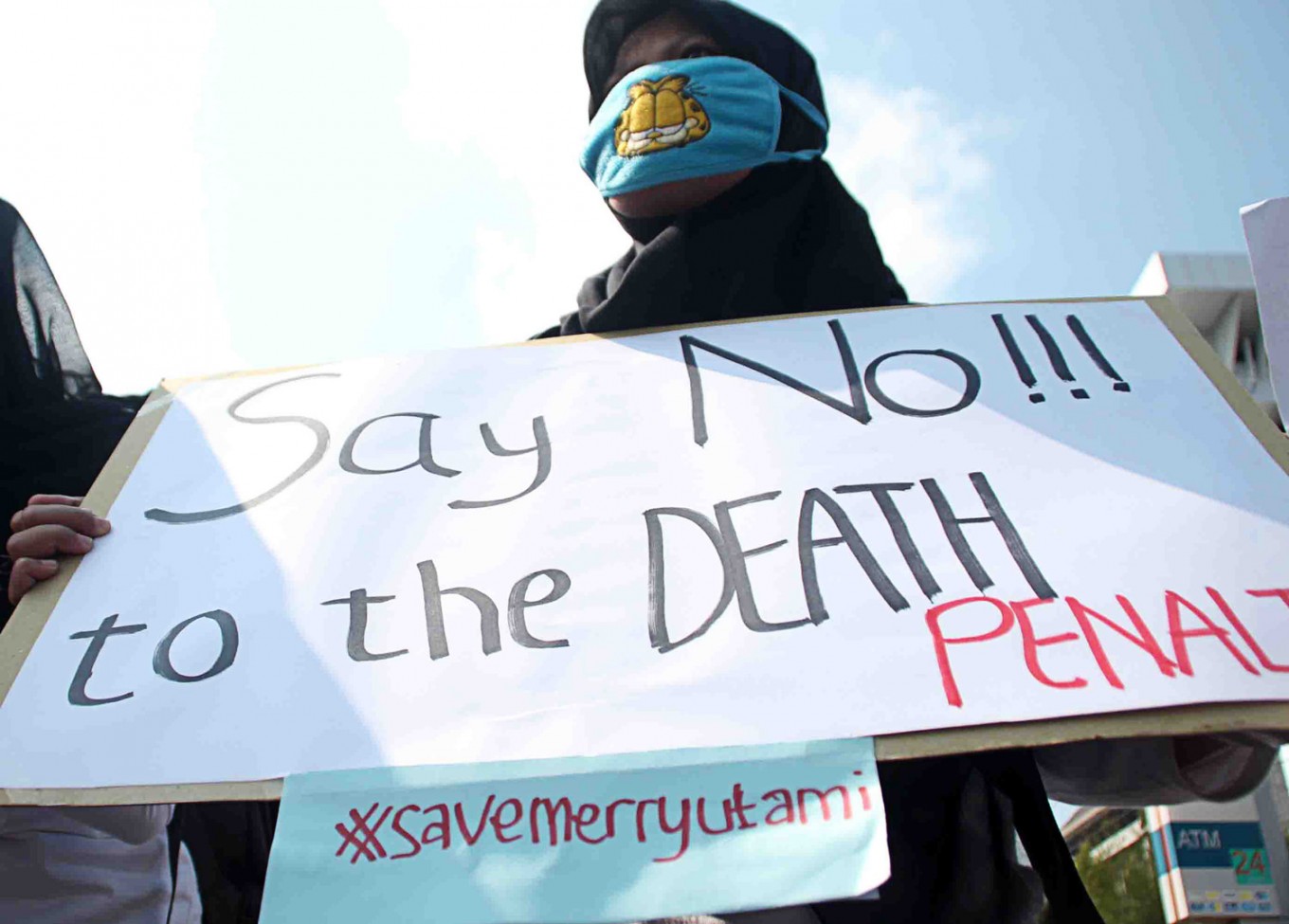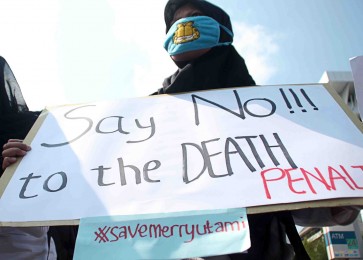Popular Reads
Top Results
Can't find what you're looking for?
View all search resultsPopular Reads
Top Results
Can't find what you're looking for?
View all search resultsThe draft Criminal Code: A window of opportunity
Right now, the House is considering amending the provisions relating to the death penalty in the Criminal Code so that it becomes a “special form of punishment” that may only be imposed alternatively as a “last resort.”
Change text size
Gift Premium Articles
to Anyone
I
ndonesia has been in the process of amending its Criminal Code (KUHP) over the past 53 years. To this day, the House of Representatives is still vigorously debating its various provisions.
The current Criminal Code is a vestige of Dutch colonialism. It has been in force since 1918 with only minor changes made over the century. The Indonesian government wants a new penal code that will be relevant to a modern society.
One recent interesting development in this decades-old process is the amended provisions in the Criminal Code on the death penalty. Under the existing Criminal Code, the death penalty is one of the principal punishments for certain crimes, such as crimes against state security, murder, theft resulting in deaths and crimes relating to navigation and aviation.
Right now, the House is considering amending the provisions relating to the death penalty in the Criminal Code so that it becomes a “special form of punishment” that may only be imposed alternatively as a “last resort.”
This means, therefore, that if the present amendments are adopted, judges will be constrained to impose “less severe” sentences for the above mentioned crimes, such as life imprisonment, instead of the death penalty. It is only when a judge deems these “less severe” sentences to be insufficient for achieving the objectives of the penal system (i.e. protecting society, rehabilitating the convict, etc.) that the judge would potentially be allowed to resort to a sentence involving the death penalty, whether on a “conditional” or unconditional basis.
First, the judge could impose a “conditional” death penalty. This means that the convicted person would not be executed for 10 years, a period starting from the denial of clemency by the President. For the judge to impose a “conditional” death penalty, he would decide whether the accused fulfills certain conditions, which are quite subjective. For instance, the judge would need to ascertain how the public regards the accused, whether the accused has shown remorse or whether there is a chance for him to be reformed.
If within this 10-year “waiting period” the inmate displays good behavior or proves himself to have been “reformed,” the law and human rights minister would have discretion to commute his sentence to life imprisonment or 20-year maximum imprisonment. Otherwise, the attorney general may order his execution.


















